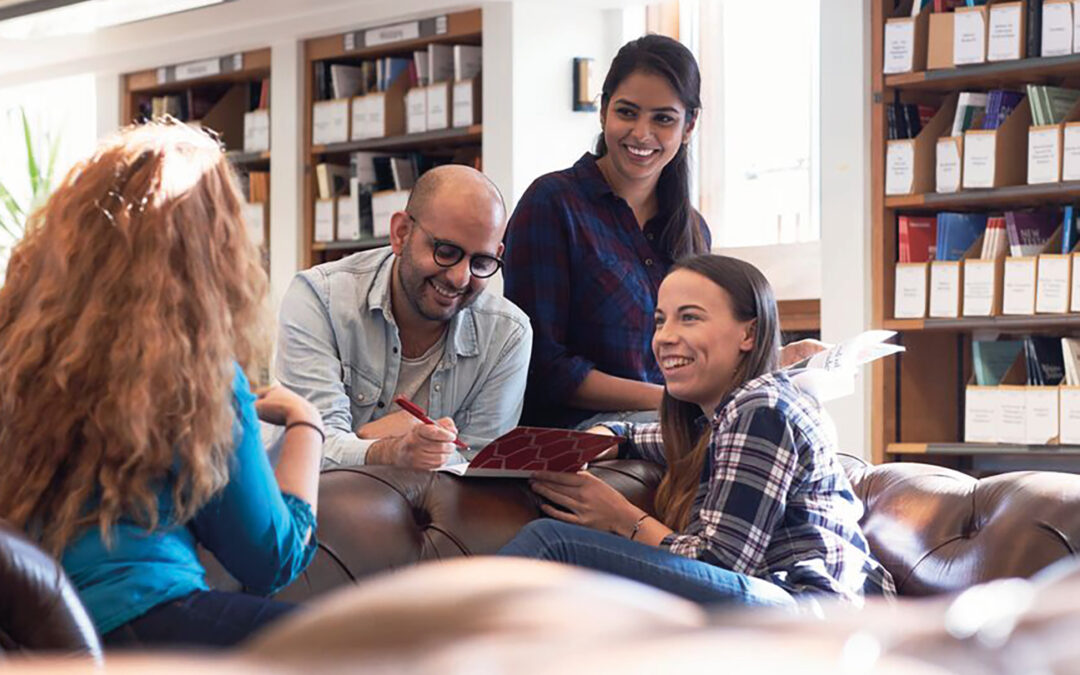This blog post was written by Clare V. Church, Summer 2022 Intern for the IHR Stories project, and PhD student in History and Welsh History from Aberystwyth University.
If you had the opportunity to speak with established historians from around the globe—some of whom have been a part of the IHR since the 1960s—what would you ask them?
In July 2022, the IHR held its Centenary Festival to commemorate the 100th anniversary of the Institute. As part of this momentous occasion, the Institute launched IHR Stories, an oral-history project, which sought to collect, share, and archive memories of the IHR from a global community of historians and researchers. This initiative was part of the IHR’s ongoing efforts to record its own history, via contributions and reflections from its international network.
Over the course of the summer, nine historians volunteered to be interviewed as part of this project. These interviews were recorded, anonymised (if and when requested by the interviewee), transcribed, and then archived within the IHR’s digital collections. The interviews took place in person throughout the Centenary Festival as well as over Zoom audio calls throughout July and August.
The results of these interviews reveal a treasure trove of fond memories, amusing anecdotes, and words of wisdom to pass along to the IHR’s future generations of historians and researchers.
When asked “What advice might you give to early-career historians?”—the results ranged from specific tips about how to best use the IHR to guidance on navigating historical research more broadly. The following eight ideas (compiled in no particular order) are derived from these interviews and are meant to support the progression and advancement of historians at the beginning of their careers.
1. Master your bibliographical sources
Honorary Fellow of the IHR Donald Munro emphasised the importance of mastering your bibliographical sources at the outset of your project. “Find your sources, read them thoroughly—both original and secondary,” he said. This mastery will, in turn, amplify your confidence and knowledge when it comes to the later point of exchanging, testing, and communicating your ideas with wider audiences.
2. Take advantage of the digital age
The digital age can often be a source of discomfort or unfamiliarity for some. However, many of the interviewees stressed the importance of inclusive and accessible digital technologies. The ability to access archives from anywhere with internet access or to attend conferences beyond your typical geographical reach is a massive boon to the burgeoning scholarly community. And in the early stages of your career, attending seminars (or conferences, archives, etc.) online may be an ideal way to establish preliminary introductions.
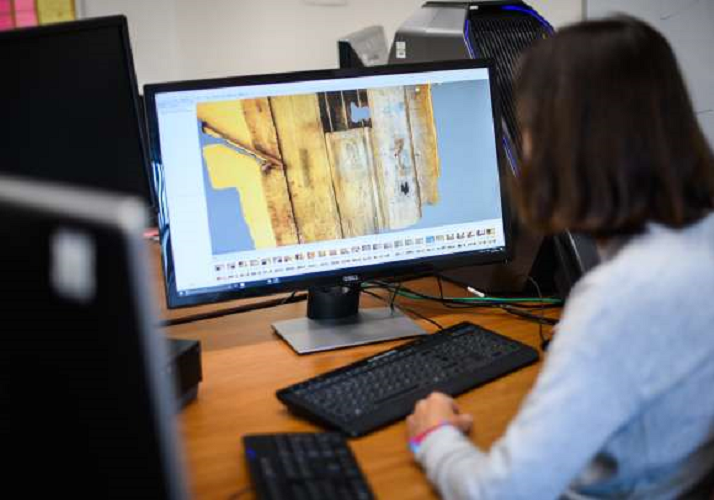
3. However, if possible (and when feasible), attend archives, seminars, and conferences in person
However, most of the interviewees also stressed that early-career historians should attend archives and events in-person, when possible. Chris Lewis, Senior Fellow of the IHR, explained that “It’s hard to break into what might seem an existing circle of scholarship in a virtual environment, as opposed to a well-run friendly conference or a well-run friendly seminar.” In the virtual world, attendees log in, listen, and log off, thereby limiting opportunities for networking and the exchange of ideas.
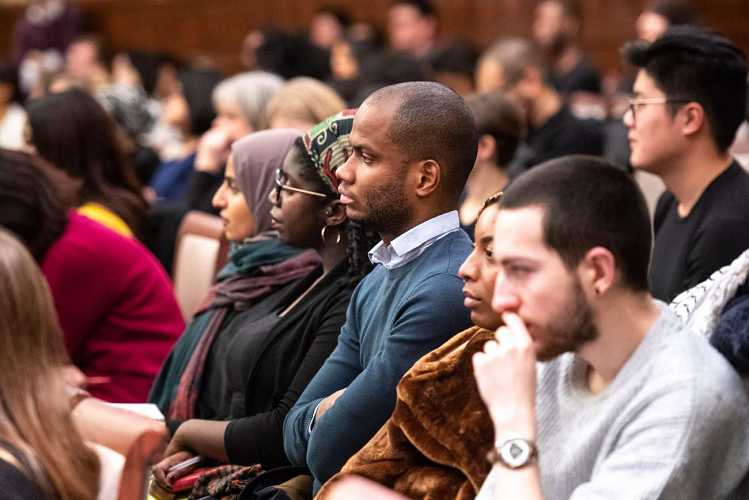
4. When you visit physical archives, take a look around
More frequently, it is customary to pre-order your materials, prior to attending a given archive. However, Newton Key—Professor Emeritus at Eastern Illinois University—encouraged early-career historians to take a look around the physical archives and collections, prior to sitting down with the pre-ordered materials. Said Key, “Sometimes there’s just the most standard calendar or even handwritten finding list that’s on their shelves, and no one thought to tell you about it.” It is often in these physical searches that one can find the unexpected, yet serendipitous source.
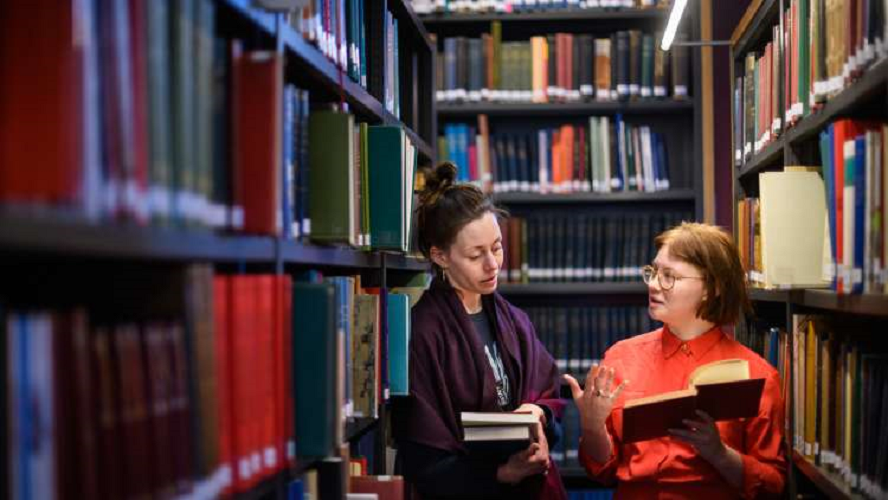
5. Once you’ve chosen a seminar, attend it consistently
With the advent of online seminars, it became possible to attend more events, more often, and from the comfort of your own home. This could result in a jam-packed schedule, with every evening being occupied by a new seminar. But Caroline Barron, Professor Emerita at Royal Holloway, urged choosing one seminar series to attend consistently, as opposed to attending multiple series at random. She said: “Choose relevant seminars and go to them every week, or every two weeks, and build up a sort of close network of people who are interested in the topics you’re interested in.” In attending the same series consistently, one will see familiar faces, thus facilitating a sense of community. She continued that seminar attendance is significant “not just for the topic, but for the people.” Even if this week’s seminar is not as pertinent as the others to your research, it may just spark something for you, while simultaneously reinforcing your sense of scholarly community.
6. Sharpen your communication skills
Senior Fellow of the IHR Daniel Snowman reiterated the importance of improving one’s communication skills when discussing research with both academic and non-specialist public audiences. If you’re more persuasive and open-minded in your delivery, Snowman said: “You’ll be more likely to be appointed to something and more likely to get the grant.” He stressed the importance of planning your talk, presentation, or interview ahead of time, but still talking to the group of people “as though you are talking to one person.” This, he urged, can make all the difference.
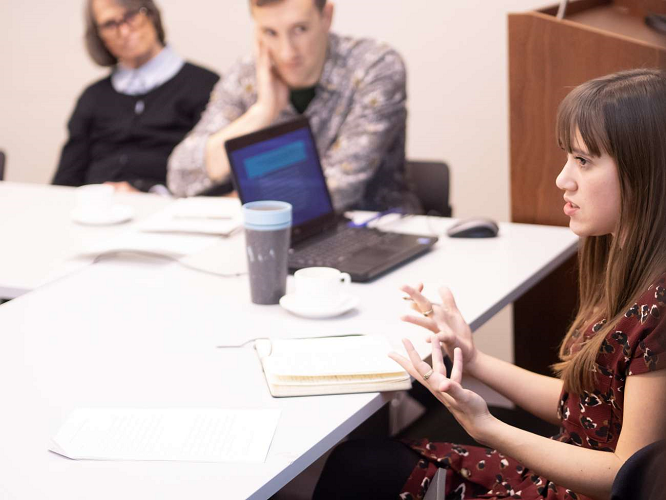
7. Remember that sometimes the informal moments are just as important as the official events
Multiple interviewees highlighted the importance of informal or unofficial “moments” or events. One participant, for example, said: “Go to elevenses, hang around at tea time before seminars. Raise a question so that seminarians know what you’re doing. Go off to the pub afterwards.” Another said that while the main talk or conference may be important, “what goes around on the outskirts of that is very important as well.” Similarly, Chris Lewis emphasised that the people you meet for tea, drinks, or lunch at conferences are often your future collaborators and colleagues. And it is in these informal and unofficial settings that ideas are often exchanged more freely.
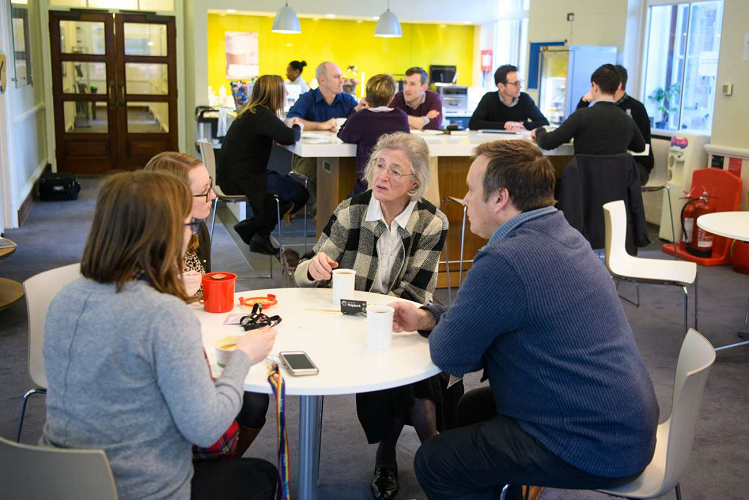
8. Embody the welcoming atmosphere you’d like to be a part of
It can be intimidating to approach an existing scholarly community, especially as an early-career historian. One respondent admitted, “We will be shy, you can’t help it,” but continued “most people are really perfectly willing to talk with you.” Caroline Barron reiterated this sentiment, stating the importance of “seizing the opportunity to talk to people.” Another respondent said: “All it takes is one or two people to welcome you to the table, or the seminar, and ‘you’re in.’ Acquaintances can easily grow exponentially, and they often do.”
To that end, when in communal spaces, like the Common Room at the IHR or the tea shop outside of the archive (as opposed to within the IHR Library or archive Reading Rooms), it may be important to turn the laptop off and ask what others are working on—to seize that opportunity. These sorts of informal talks are essential seeds to future collaboration, but also to moments of camaraderie and friendship. And in turn, once welcomed into a scholarly community—or once having established your own—it is important to embody that sense of a welcoming atmosphere for other burgeoning academics and researchers.
Though each of these points were by no means discussed by every interviewee, it is perhaps pertinent to note that all interviewees reinforced the importance of establishing and participating in a scholarly community. So much of our work as historians can be conducted in isolation, whether its undertaking silent research in the archives or writing up an article, alone at your desk. In the circumstances of the last two years, this environment of isolation was exacerbated even further. But establishing a scholarly community—as facilitated by many of the events, initiatives, and programs of the IHR—is vital to both the advancement (and, perhaps more importantly) the enjoyment of your career.
Clare V. Church was the Summer 2022 Intern for the IHR Stories project. She is currently completing her PhD in History and Welsh History from Aberystwyth University. The subject of her doctoral research focuses on wartime musicians, specifically exploring the role of women singers throughout the Second World War. To learn more about her ongoing research projects, visit: www.clarevchurch.com

